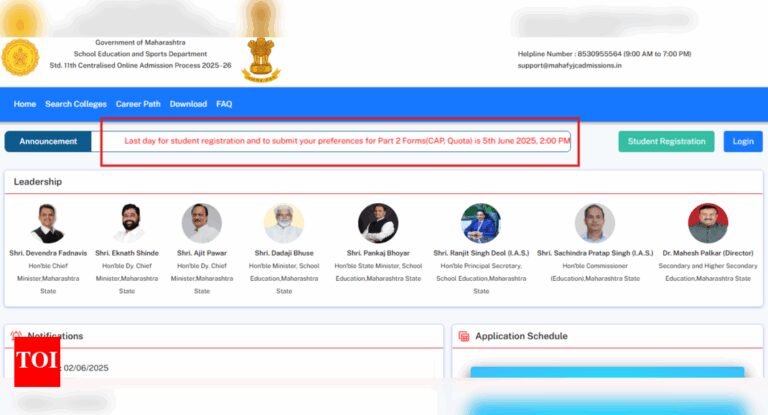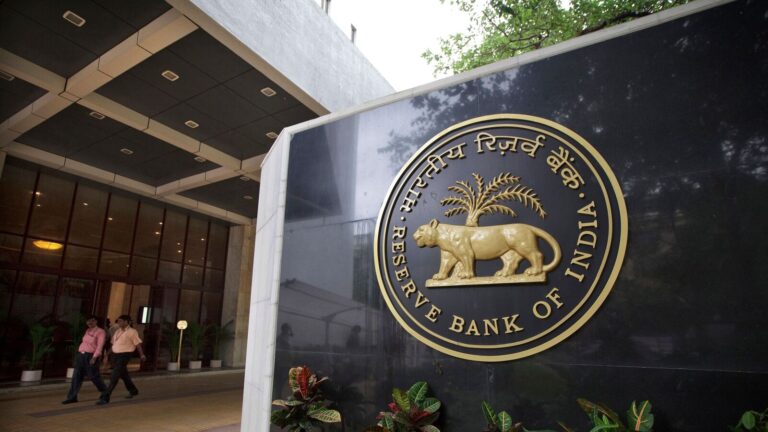Your Access Denied: Why Using a VPN Could Block Your Request and How to Fix It
Navigating the Modern Internet: Understanding Blocks and Restrictions on Your Online Access
In our increasingly interconnected world, accessing the internet should feel straightforward. Yet, many users encounter frustrating barriers when attempting to access specific digital platforms or services. One of the more common notifications that users receive is: "We are sorry but your request has been blocked. This may be due to using a VPN or visiting from countries that are not allowed." This situation raises important questions about internet accessibility, security, and the implications of geographic restrictions. Let’s delve into why these blocks occur and what you can do about them.
Understanding the Blockage: Why Does It Happen?
When attempting to access a website or service, you may find that your entry is denied, accompanied by a message indicating that your request has been blocked. This can be particularly annoying if you believe you are simply trying to do something innocent online. So, why does this happen?
-
Use of VPNs: Virtual Private Networks (VPNs) are commonly used to protect user privacy online by masking the user’s IP address and location. However, many services view VPN traffic with suspicion. They may block requests that originate from known VPN servers to prevent abuses such as content piracy or fraud.
-
Geographic Restrictions: Certain websites and services are only available in specific regions or countries. These restrictions may arise from licensing agreements, local laws, or content regulations. If you are located in a restricted area, access can be denied regardless of your intent.
- Security Protocols: Websites often employ security measures to protect their platforms from malicious activities. If unusual activity is detected that doesn’t align with typical user behavior, an account or IP address may be temporarily blocked as a precautionary measure.
Consequences of Being Blocked
Experiencing a blockage can lead to a myriad of frustrations, including:
- Inaccessibility: The most immediate consequence is that you simply cannot access the needed services or content.
- Loss of Functionality: If you rely on specific platforms for work, study, or leisure, restrictions can disrupt your routine and productivity.
- Privacy Concerns: Users may feel their internet freedom is being infringed upon, leading to a broader discussion about privacy rights and online surveillance.
What Can You Do If Your Access Is Blocked?
If you find yourself facing a blockade while trying to access your desired online destination, don’t despair! There are several steps you can take:
-
Verify Your VPN Settings: If you’re using a VPN, ensure it is appropriately configured. Some platforms may offer specific servers that are less likely to be blocked.
-
Contact Customer Support: If you believe your request was blocked in error, reach out directly to the website’s customer support. Using the provided contact forms—like those specified, such as this form—can help resolve the misunderstanding.
-
Change Your Location: If permissible, consider accessing the content from a different location. This may involve switching to a different Wi-Fi network or temporarily disconnecting from a VPN.
-
Select Different Platforms: Sometimes, alternative platforms might offer the same content or services you are seeking, but without the restrictions.
- Stay Informed on Regional Laws: Knowing the legal landscape of your region concerning internet access can empower you to navigate these blocks more effectively.
The Bigger Picture: Freedom of Information in the Digital Age
The prevalence of these blocks sparks a broader conversation regarding digital rights and the future of internet access. As the landscape of the internet evolves, so too does the debate about the balance between user privacy and the need for security. On one hand, users desire unfettered access to information; on the other, content providers strive to protect their assets and comply with legal restrictions.
As technology continues to advance, it becomes imperative for both users and providers to engage in conversations about what constitutes fair and equitable access to the information highway. Should an individual’s geographic location deny them access to certain content? What are the implications of VPN usage and its connection to security threats? These questions are vital as we stride into the future of technology and communication.
Conclusion: Empowered Browsing
Facing a blocking message can be disheartening, but as users equip themselves with knowledge and tools, they empower their online experience. Understanding the reasons behind restrictions allows for more responsible internet navigation. Whether you view the internet as a playground for leisure or a critical resource for daily tasks, being proactive in ensuring access is key to unlocking all that it has to offer.
By staying informed, remaining adaptable, and supporting movements for internet freedom, users can help shape a more inclusive digital landscape. Ultimately, our collective goal should be a well-informed community that believes in the right to access information freely and securely.




